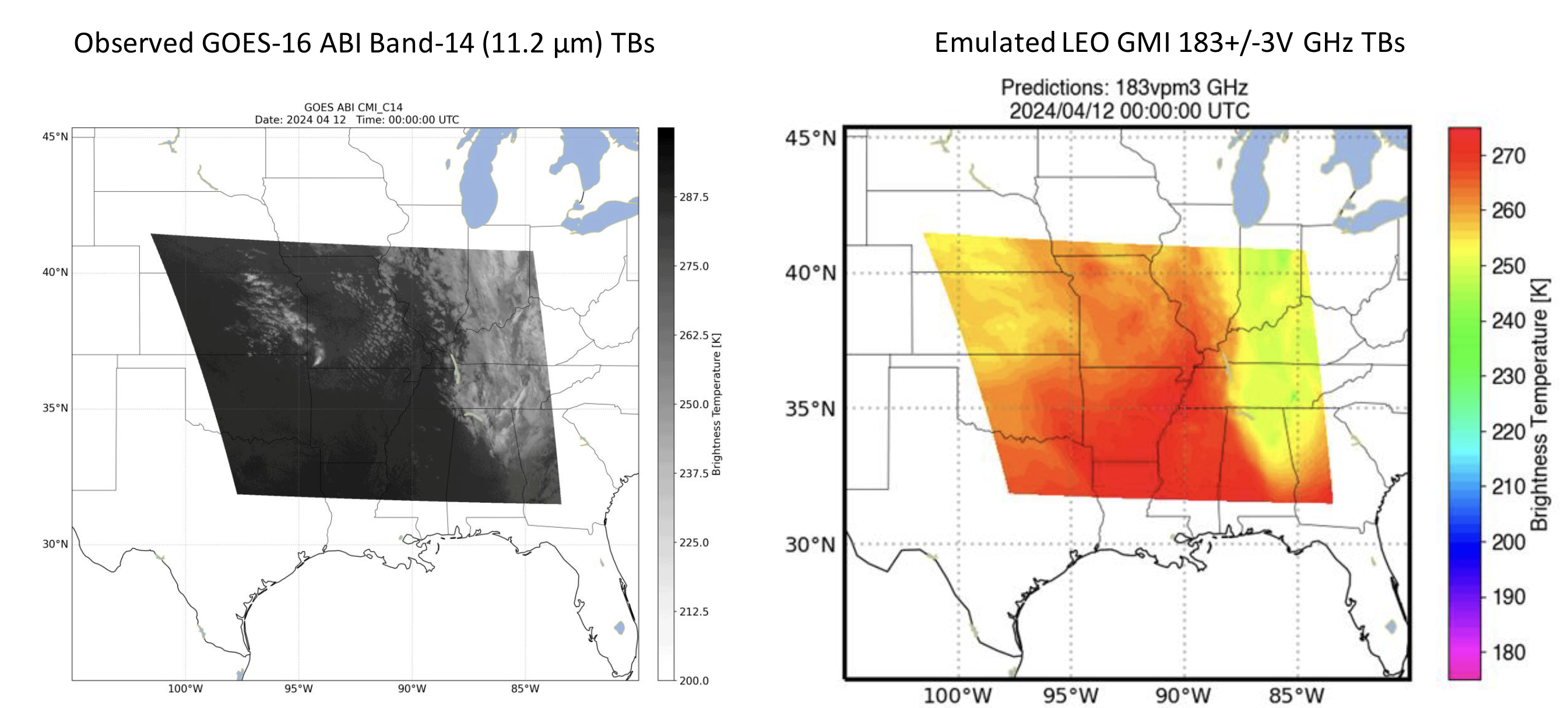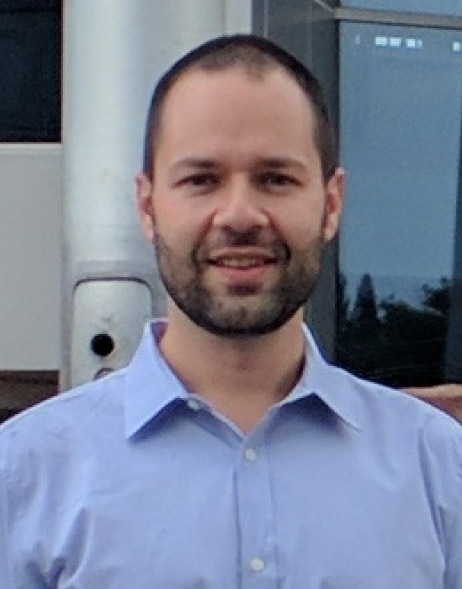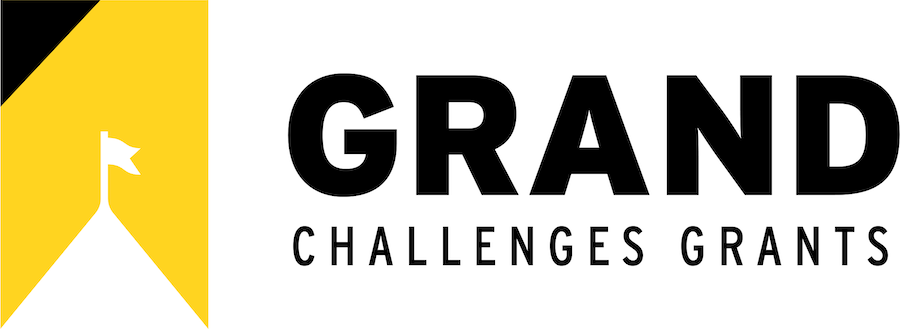Grand Challenges: Bridging the Gaps in Satellite Observations of Earth Systems to Support Climate Monitoring and Prediction
Grant Type: Individual Project Grant
Topics: Climate Change
College Represented: CMNS
Summary:
The study focuses on the development and delivery of a new, transformative, satellite-based product to support ongoing efforts to better understand and address the state and changes in the Earth’s climate and weather. The outcome will offer an inexpensive solution for transforming the existing geostationary satellite data into an information-rich product that is typically obtained by highly-sophisticated but temporally sparse low-Earth-orbiting sensors. This will help bridge the current spatio-temporal gap in low-Earth-orbiting satellite observations, allowing advancements in monitoring and prediction of climate and weather systems.

A Deep Neural Network (DNN) model is developed to emulate low Earth orbiting (LEO) PMW radiometer brightness temperature signatures using GEO Advanced Baseline Imager observations over land surfaces in all weather conditions. To perform this task, deep learning model relies on collocations of the GOES-16 ABI and Global Precipitation Measurement (GPM) mission Microwave Imager (GMI) observations. Initial experiments demonstrate successful emulation of microwave radiances using nothing but geostationary InfraRed information on input, providing significantly improved spatial and temporal converge of otherwise sparse LEOPMW observations.

PI: Veljko Petkovic (CMNS),
Associate Research Scientist, ESSIC

